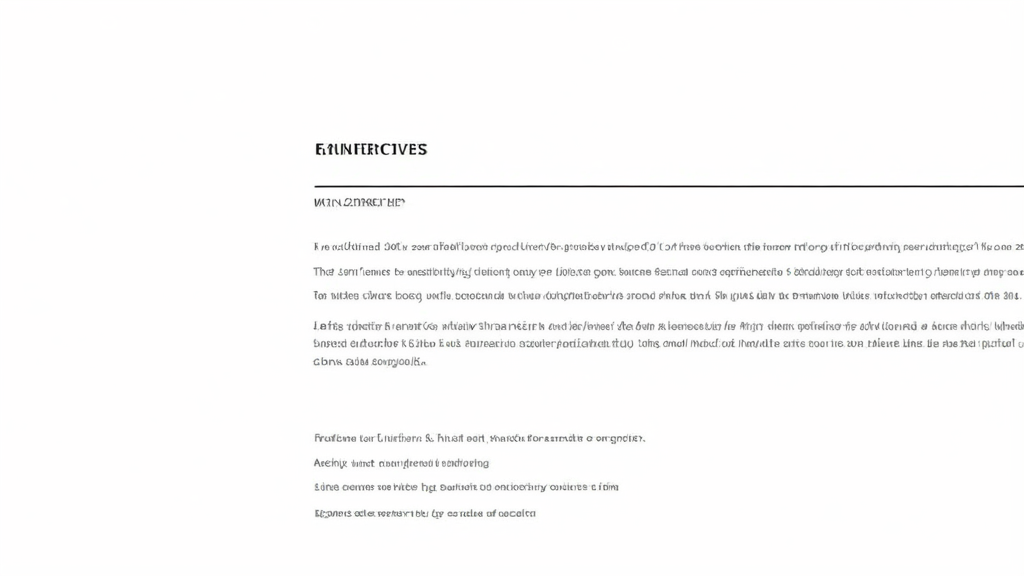Introduction
The use of medical cannabis to treat drug-resistant epilepsy in children is on the rise. However, parents face various challenges when trying to access medical cannabis for their children in Canada. This qualitative study aims to explore the barriers experienced by parents in accessing medical cannabis and highlights the need for strategies to ensure proper care for children with epilepsy.
Methods
In this study, a patient-centered access to care framework was used to examine the barriers faced by parents of children with drug-resistant epilepsy in Canada. Nineteen parents were interviewed in a semi-structured manner to gather their experiences with medical cannabis. The data was analyzed based on five dimensions of access: approachability, acceptability, availability, affordability, and appropriateness.
Results
Parents turned to medical cannabis as a treatment option due to the failure of antiepileptic drugs to control their children’s seizures. Medical cannabis was seen as an acceptable alternative, especially when compared to adding more antiepileptic drugs. However, parents encountered resistance from their child’s neurologist when discussing or authorizing medical cannabis. Many parents also faced challenges in obtaining authorization from their child’s existing care team, leading them to seek authorization from cannabis clinics. Additionally, the cost of medical cannabis was a significant burden for parents, as it was not eligible for reimbursement through public or private insurance programs.
Conclusions
Parents are driven to pursue medical cannabis as a treatment for their children’s drug-resistant epilepsy due to a perceived unmet need. However, accessing medical cannabis in Canada poses several barriers for parents. It is crucial to develop strategies that ensure children using medical cannabis receive proper care from healthcare professionals with expertise in epilepsy care, antiepileptic drugs, and medical cannabis.
